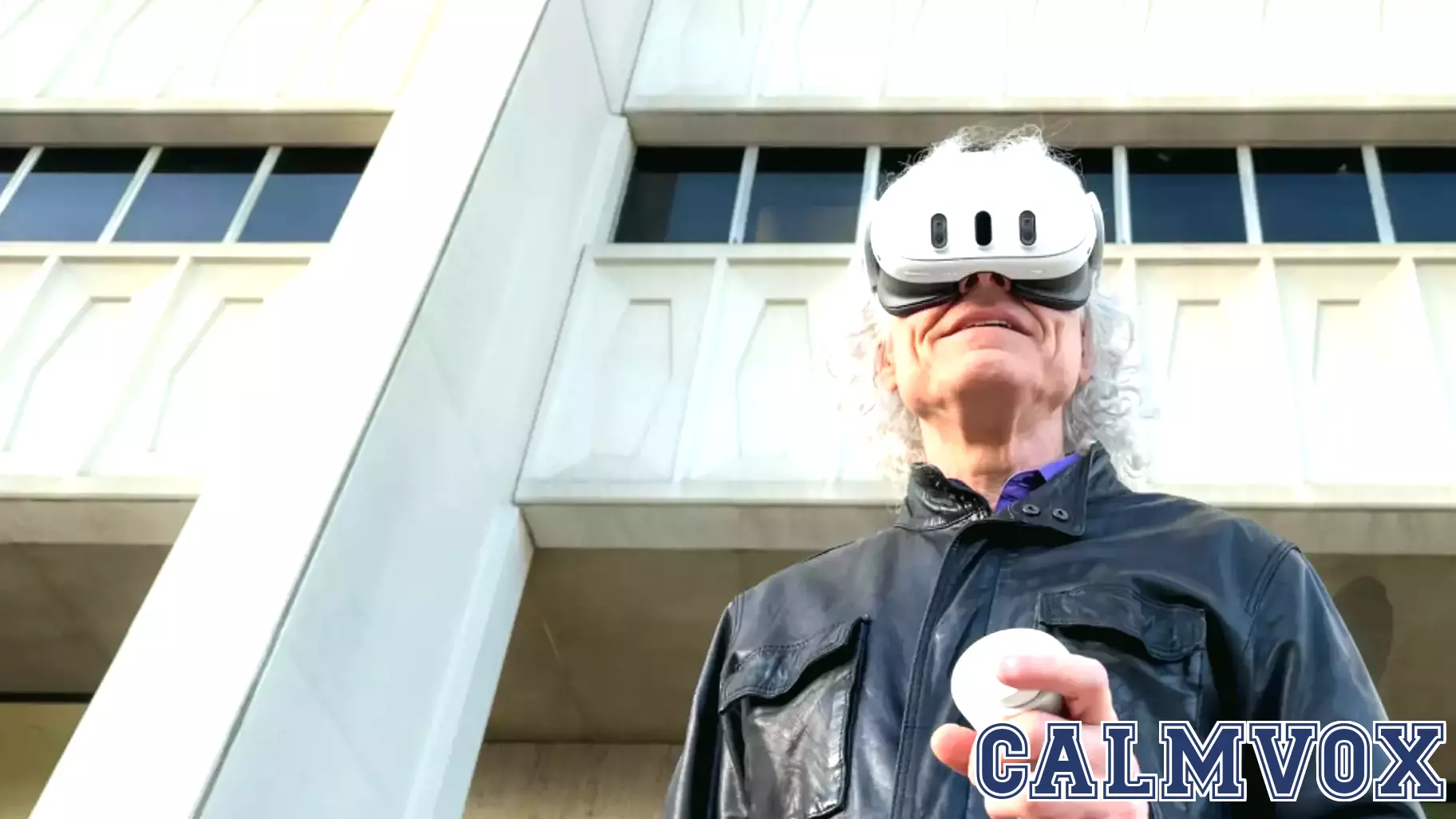Understanding the Psychological Aspects of Virtual Reality
January 23, 2025 - 22:01

In a recent discussion, renowned psychologist Steven Pinker delved into the intricate psychology behind virtual reality (VR) experiences. He emphasized that while VR can create immersive environments that engage users in unprecedented ways, it also has inherent limitations that must be acknowledged.
Pinker highlighted that the human brain is wired to interpret reality based on sensory inputs, and VR technology leverages this by simulating lifelike experiences. However, he pointed out that the brain's ability to distinguish between real and virtual experiences is not foolproof. Users may experience a sense of presence in VR, but this can lead to confusion when transitioning back to the physical world.
Moreover, Pinker raised concerns about the potential psychological impacts of prolonged VR use, such as desensitization to real-world stimuli and difficulties in social interactions. He advocates for a balanced approach, encouraging users to enjoy the benefits of VR while remaining mindful of its psychological effects. This nuanced understanding of VR's impact on human behavior is crucial as the technology continues to evolve and integrate into various aspects of life.
MORE NEWS

March 1, 2026 - 08:18
New psychology research reveals a vicious cycle involving smartphone use and feelings of disconnectionNew psychology research reveals a troubling daily cycle where smartphone use and feelings of loneliness intensify one another. A study published in the journal Addictive Behaviors provides...

February 28, 2026 - 23:13
AI in, Garbage Out: Is Meta-Analysis in Danger?A cornerstone of modern psychology, the meta-analysis, is facing a novel and significant threat from the proliferation of fake, AI-generated scientific papers. This method, which statistically...

February 28, 2026 - 10:20
Critiquing Israel is not Anti-Semitism: The American Psychological AssociationIn a significant statement, the American Psychological Association has clarified the crucial distinction between criticizing the policies of the Israeli government and antisemitism. This move...

February 27, 2026 - 23:59
Psychology Suggests the U.S. Army Needs to Do More To Battle A New Enemy (Not Russia or China): LonelinessA recent study highlights a growing, non-traditional adversary within the U.S. military ranks: pervasive loneliness. While the Army possesses deep institutional knowledge for building unit cohesion...